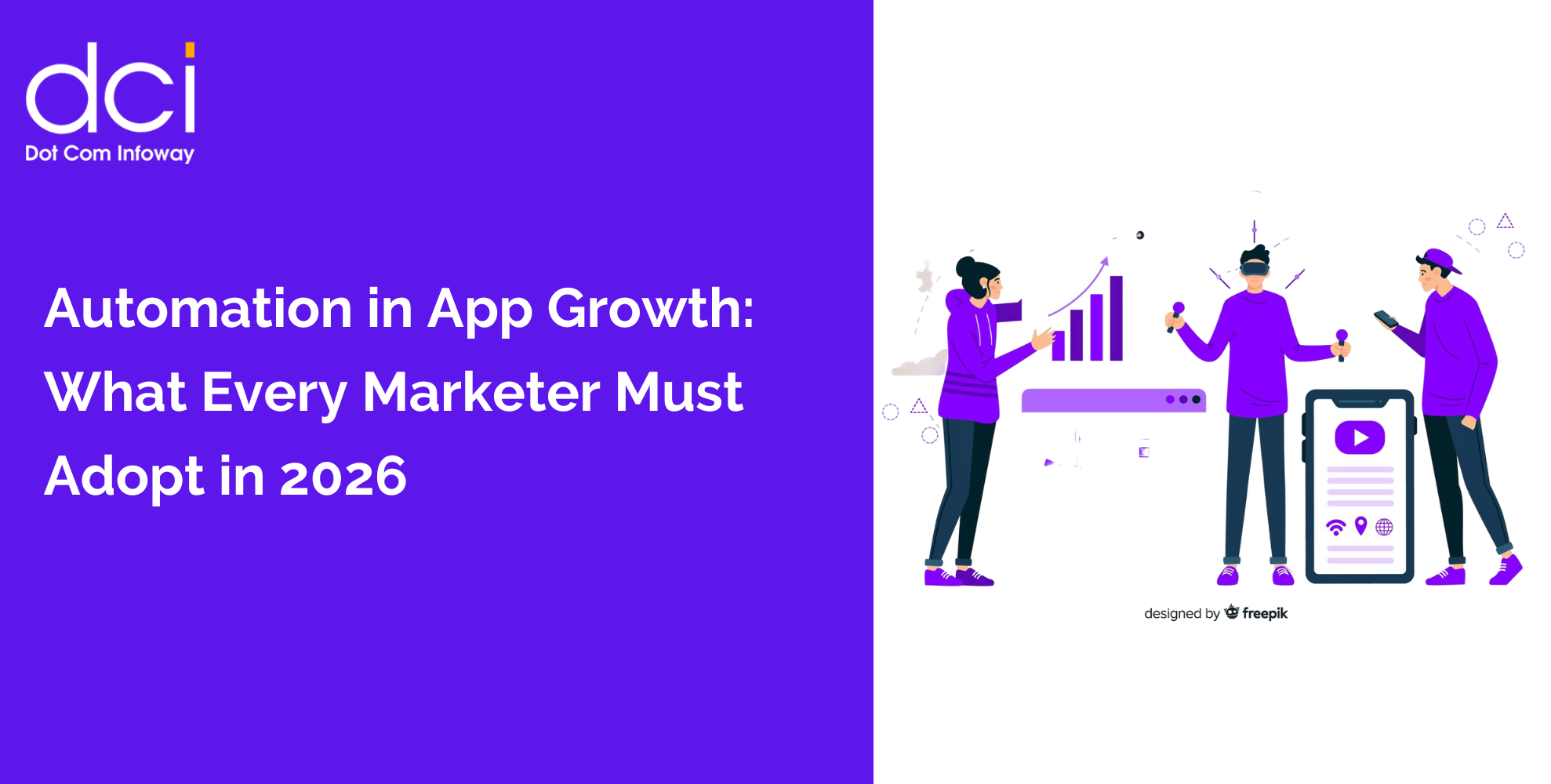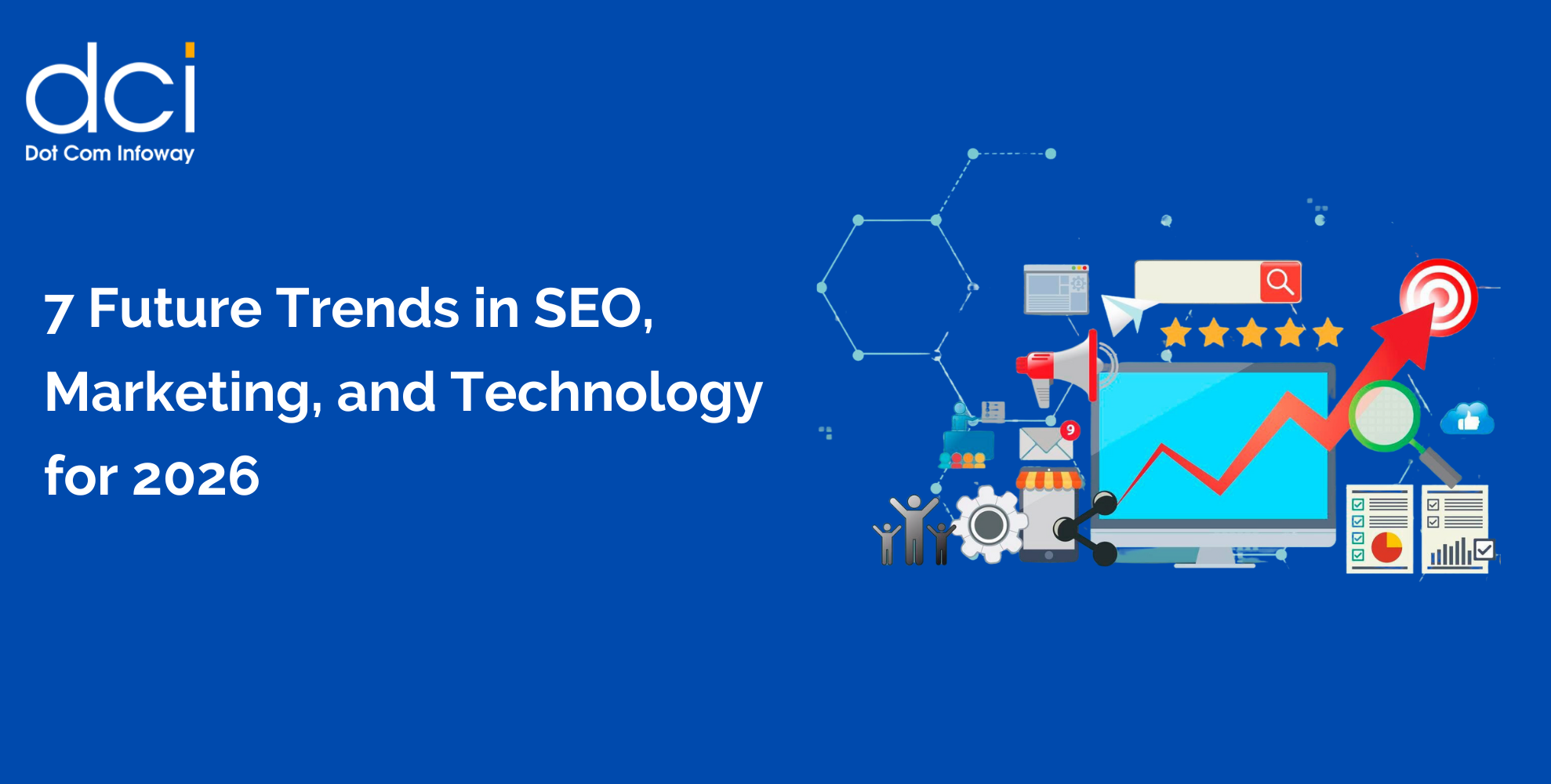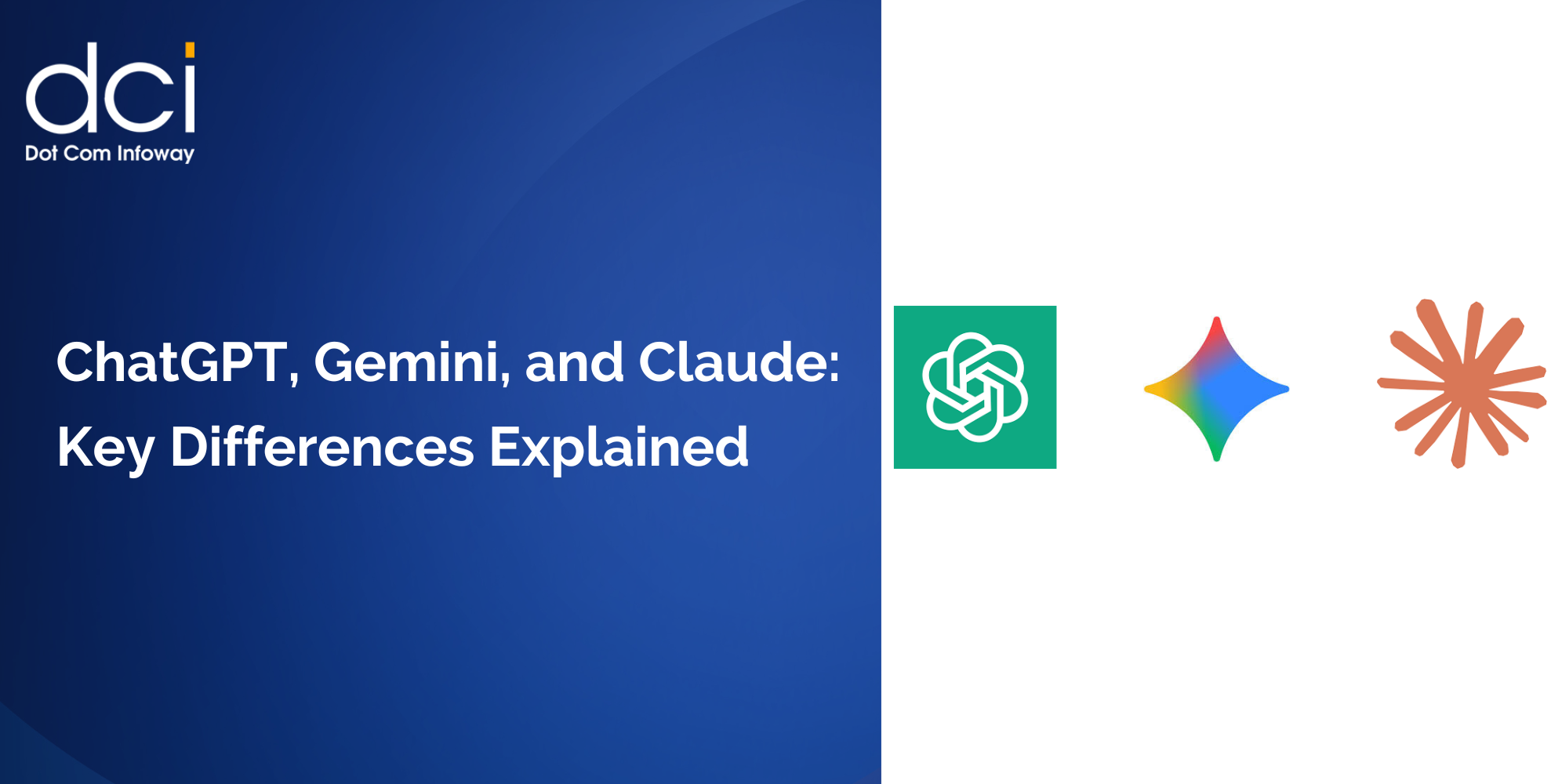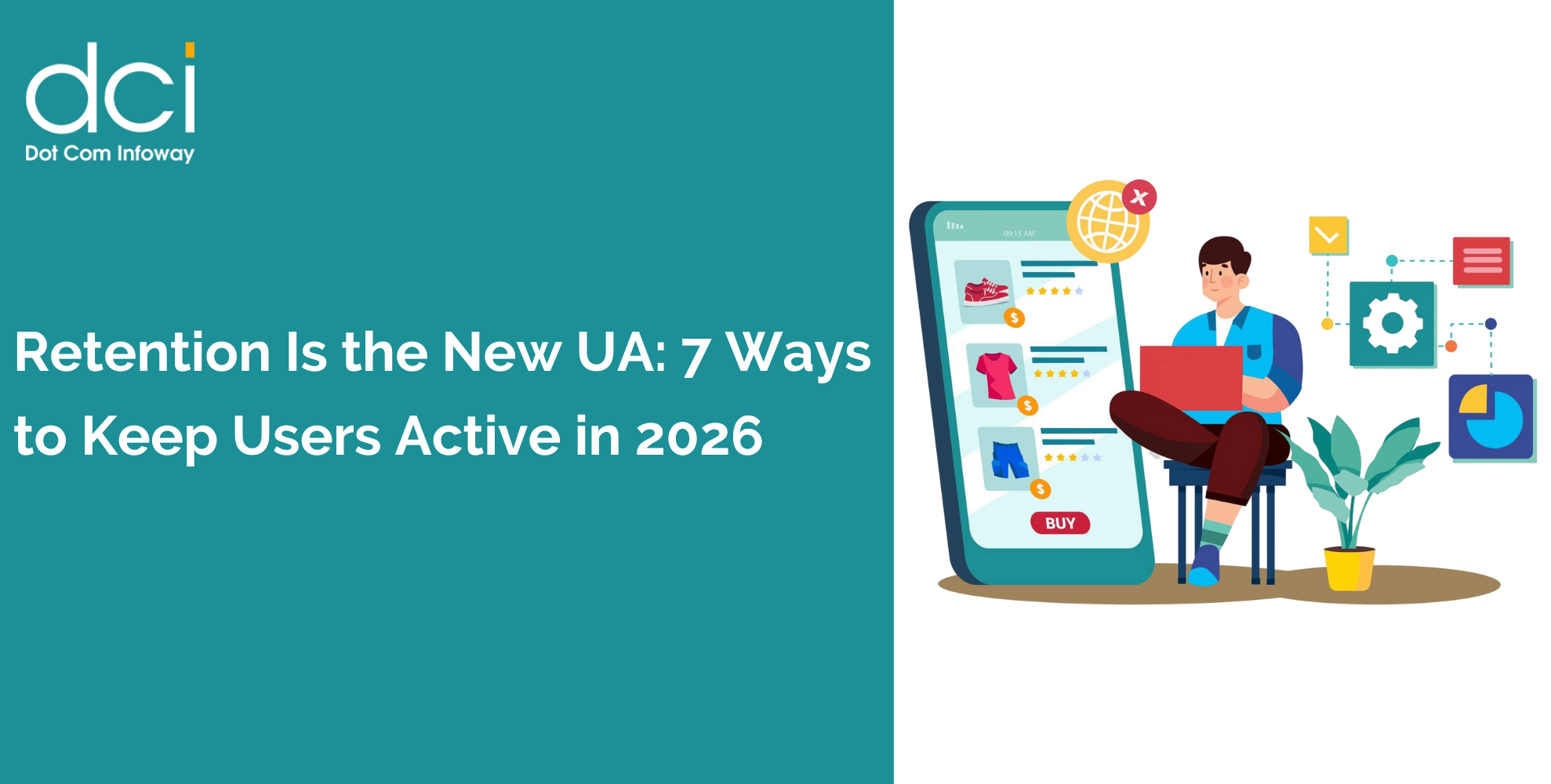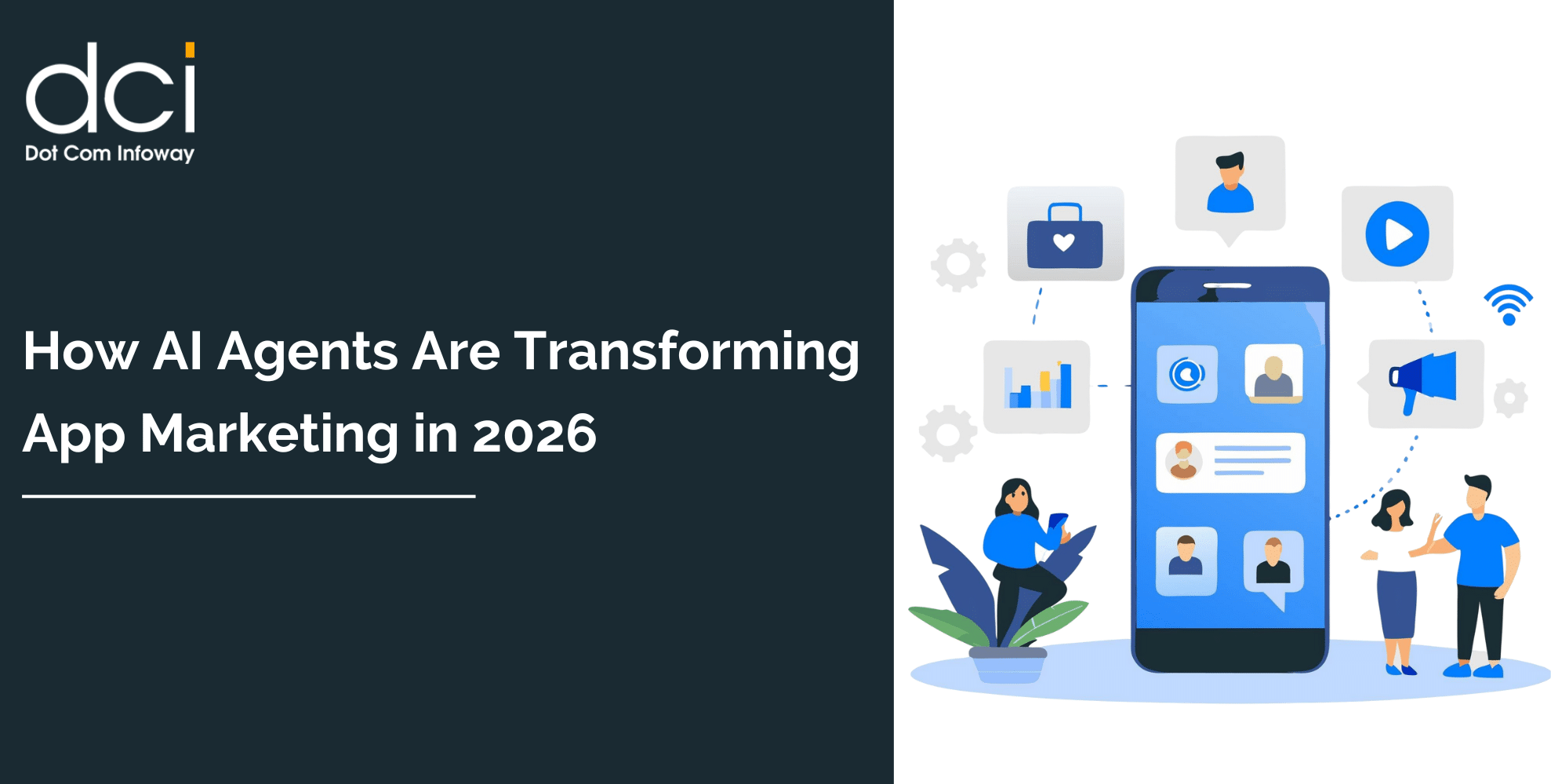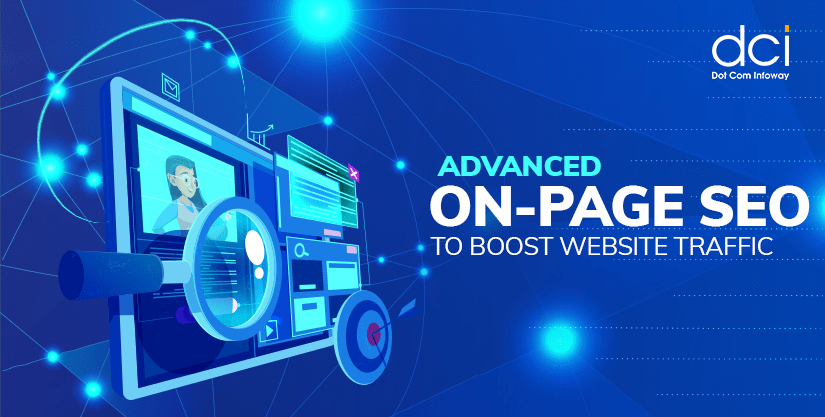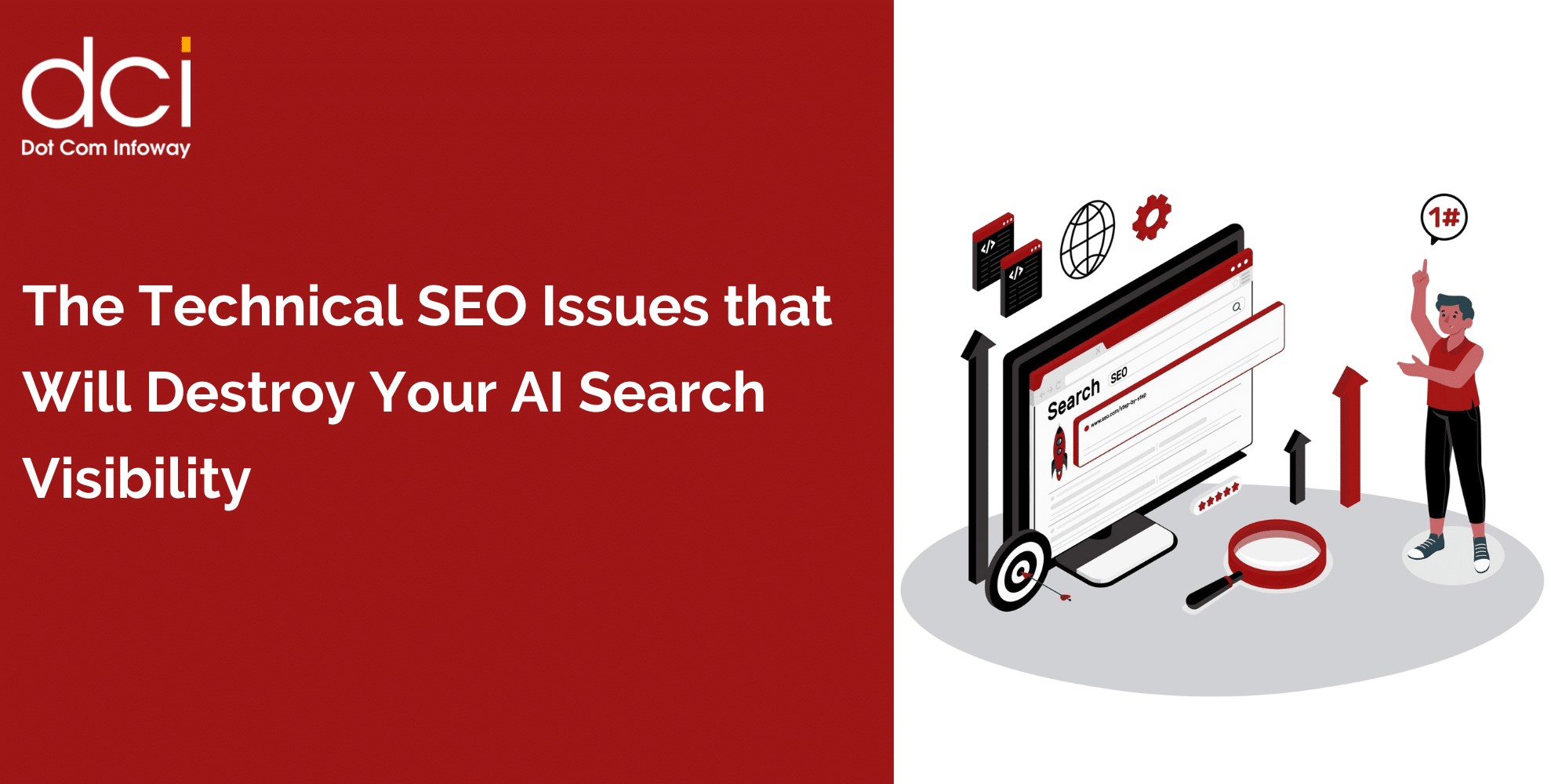Programmatic SEO is another buzzword that has cropped up in marketing. But it’s more than just hype because it has helped take many brands from zero to one million visitors. In fact, it’s a strategy that can give your brand a competitive edge, elevating you above the competition to make you the go-to among your audience or customer base. So, what is programmatic SEO? How do you get started and what exactly does it involve? Buckle up as we take you through the roller coaster that programmatic SEO can be.
Is Programmatic SEO Right for You? Discover the Pros and Cons
10 mins read
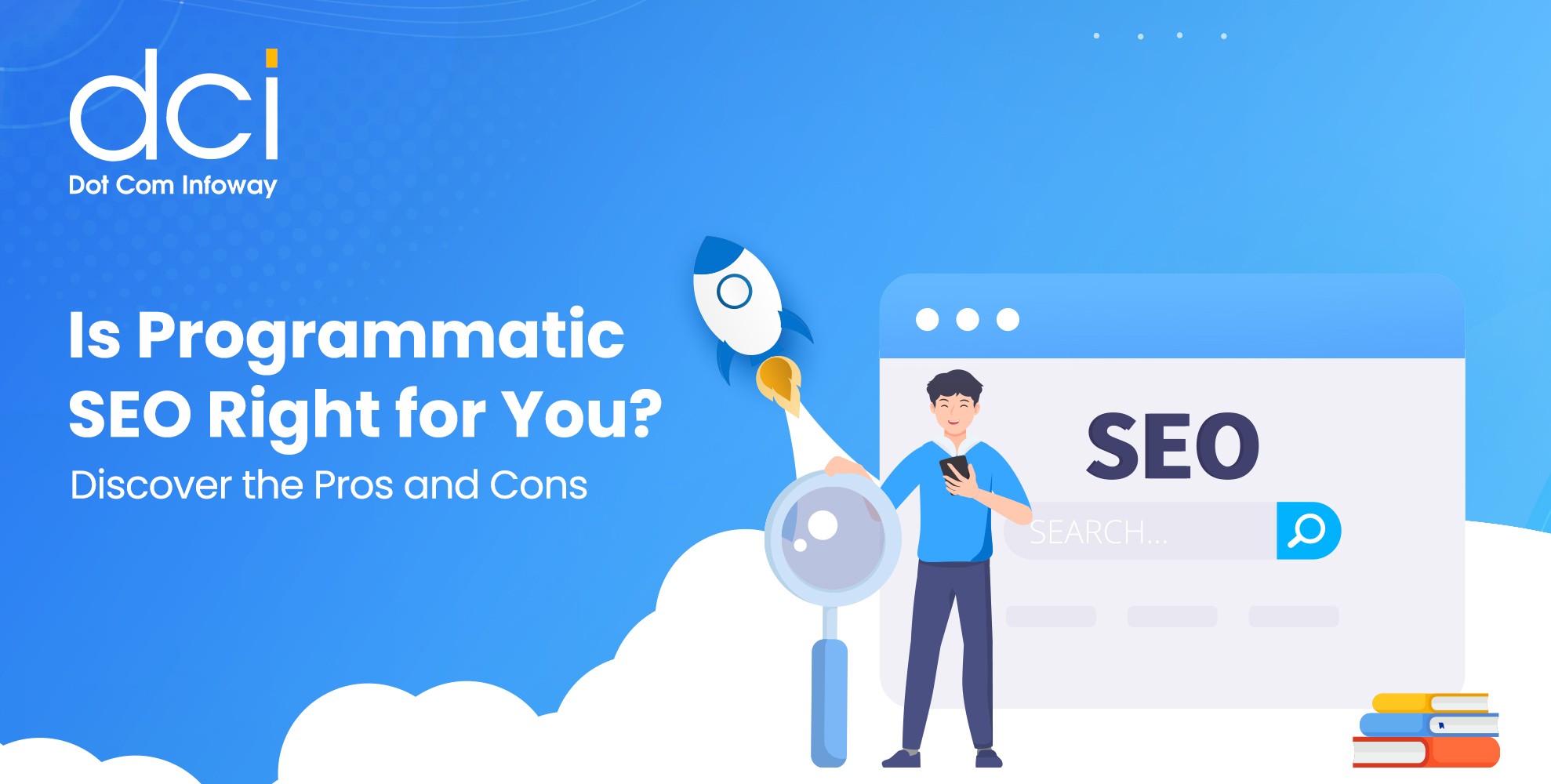
What is Programmatic SEO?
Let’s start at the very beginning — Search Engine Optimization (SEO). SEO entails adapting your website to make it more search-friendly so that you can get higher rankings and more traffic to your website. The ultimate goal is typically to achieve a conversion, which could be signing up for a newsletter, sharing a post, or making a purchase.
Programmatic SEO has the same goals as traditional SEO. However, the methodology is where the similarities end. Programmatic SEO entails using automation to create several keyword-targeted pages.
Typically, you’ll need to create a compelling and generic template as the foundation. You can then leverage technology to create several landing pages, incorporating low-competition keywords. With this strategy, it’s only natural that you’ll be targeting related keywords.
Why Programmatic SEO is Important in Digital Marketing
Programmatic SEO remains a fairly new concept with relatively unclear possibilities. However, the upside of it is that there’s still a lot of untapped potential you can explore.
In terms of importance, programmatic SEO is relevant for the same reasons traditional SEO is. But crucially, it can help improve your content management process to:
- Accelerate content drafting times
- Reduce the amount of time spent on keyword analysis
- Decrease search engine optimization costs
By taking focus away from iterative keyword research tasks, you can focus on creating high-quality content that knocks it out of the park every time. This may mean even greater chances of success for your digital marketing program.
The difference between Traditional and Programmatic SEO
Well, programmatic is still SEO for the most part going by the basic definition we defined earlier. So before you can make an excellent programmatic SEO strategy, you therefore need to have a good understanding of traditional SEO.
That said, here are a few notable differences we’d like to point out:
- Keyword suitability: Traditional SEO focuses on short and long-tail words, and everything else in between. However, you’ll find that programmatic SEO is better suited when you’re targeting long-tail keywords.
- Target audience: With an increased focus on closely related keywords, programmatic SEO tends to focus on very specific and personalized audiences compared to traditional SEO where the net may be much broader.
- Automation: Traditional SEO tactics are largely manual, and you have to expend a lot of time and effort. Programmatic SEO, on the other hand, leverages automation heavily and is therefore more efficient and effortless.
- Scalability: Because it uses automated tactics, another difference that arises is scalability. Programmatic SEO is much more scalable and enables you to optimize thousands of pages quickly in a matter that would be very cumbersome and time-intensive with traditional SEO.
Categories and Examples of Sites that can adopt Programmatic SEO
Programmatic SEO has already been adopted by many websites. Some of the common types of websites that leverage this type of SEO include travel advisory websites, job boards, eCommerce platforms, local business directories, and real estate listings.
To prove this, here is a list of websites in these categories that have already implemented programmatic SEO and achieved great success:
- Yelp – this is a crowd-sourced review website for businesses
- Tripadvisor – An online travel guide that uses this form of SEO to create localized travel pages from thousands of keywords.
- Airbnb – The accommodation website also uses programmatic SEO to create localized pages specific to cities.
- Best Parents – this eCommerce website leverages this type of SEO to match summer camps with children.
Overall, if you have a website that generates large amounts of similar content, you may be a great match for adopting programmatic search engine optimization.

Unlock your website’s potential with our powerful Programmatic SEO solutions!
Achieve superior website rankings with our advanced SEO techniques. Boost traffic, enhance visibility, and dominate search engine results effectively.
Who cannot use Programmatic SEO and Why
Programmatic SEO has been made out to be like some sort of magic bullet. However, the truth is that it can be a double-edged sword. In fact, in some instances, this SEO can increase the chances of failure.
That said, here are some websites that aren’t a great fit and are therefore unlikely to get the best results from programmatic SEO:
- Content Aggregators – This includes research platforms like Gartner, McKinsey, and G2.
- Software integration pages are also highly unlikely to benefit from programmatic SEO as well.
- Tools and eCommerce listing pages such as Amazon, ASOS, Levi’s and others.
- B2B SaaS businesses looking to target niche keywords are also not a great match for this form of SEO.
So, before you greenlight your programmatic SEO project, it’s important to ensure that your niche and the nature of your industry are compatible.
How to Adopt Programmatic SEO without compromising Google’s Best Practices
So how do you go about implementing programmatic SEO? Well here’s a look at what the typical process usually looks like:
- Start with a Head Term – this could be a keyword like “places to visit in {city name}”. So, this will be the theme of our programmatic SEO program in this example.
- Keyword Research – now you’ll move into keyword research. You can modify the example above to capture different long-tail keywords. In this case, for instance, we can substitute city names with Nashville, Chicago, New Orleans, New York, etc.
- Page Creation – You’ll create web pages that fulfill search intents for each keyword variation we’ve discussed. Within this page, you’ll also want to include related pages as internal links to promote your other programmatic pages
- Data Collection – You’ll then need to use a tool like HubSpot, Webflow, or WordPress to collect data and help you generate thousands of such pages automatically at scale.
Of course, you’ll also need to set important KPIs to help you understand the effectiveness of your programmatic SEO campaigns.
Advantages of using Programmatic SEO
Programmatic SEO is very appealing for many reasons. One of those is that it can make you more efficient as a marketer. You can optimize more pages with less time and resources. This gives smaller workflows the ability to compete with the marketing power of heavy-spending brands.
Besides saving time, it also improves consistency. You can optimize pages in much the same way as maintaining a consistent identity. This is very important given that 60% of businesses said branding consistency can improve revenue growth by up to 20%. That’s according to research by WiserNotify.
As a marketer, using programmatic SEO also means you can take on more clients at a time. This is thanks to automation, which then means that you can expand your agency’s revenue potential. Finally, this SEO tactic also means that you can leverage an even larger amount of data. It therefore becomes easier to make more information optimization and targeting decisions.
Important Tools for Programmatic SEO
So what tools can you use for programmatic SEO? The great news is that there’s not one platform but many.
Some of the most popular ones we’ve come across include:
- Ahrefs
- SEMrush
- Clearscope
- MarketMuse
- Brardeen AI
- Engyne
- Airtable
Of course, there are plenty more to consider depending on your target industry, budget, and other goals you may have for your programmatic SEO campaign.
Thinking about Programmatic SEO for your Business?
Programmatic SEO offers immense benefits for your business. But it has its challenges. For instance, you may need advanced technique skills to implement such campaigns. Additionally, setup can be complex, involving the need for algorithms and sophisticated data collection. Above all, there’s also the risk of producing lower-quality content when not well-regulated. This is why you need to partner with a proven programmatic SEO agency like our own that can help you achieve success with your programmatic SEO campaigns. Contact us today.
Latest Posts
Get the latest insights from Dot Com Infoway straight to your inbox.





![The Game Marketing Guide: Pre and Post-Launch Strategies [Infographic]](https://www.dotcominfoway.com/wp-content/uploads/2023/09/DCI-Game-Marketing-blog-1.jpg)

